Jukka Huhtamäki
Yrittäjä, Digiworks Jukka Huhtamäki
Tutkijatohtori, Tampereen yliopisto
Hallituksen jäsen, Rajapinta
linkedin.com/in/jukkahuhtamaki

Esityksen kulku
- Mikä on verkosto?
- Minkälainen rakenne verkostolla on?
- Miten verkoston rakenne kehittyy?
- Miten tieto ja käytös muodostuvat ja liikkuvat verkostossa?
- Teknologian rooli nykyaikaisissa verkostoissa?
Mikä on verkosto?
- Toimijat kuvataan solmuina
- Yhteydet edustavat vuorovaikutusta ja suhteita
- Sosiaalinen verkosto on tapa hahmottaa maailmaa (ontologia)
- Sosiaalisten verkostojen analyysi on keino tutkia verkostoja (epistemologia)
(Huhtamäki ja Parviainen, 2013)
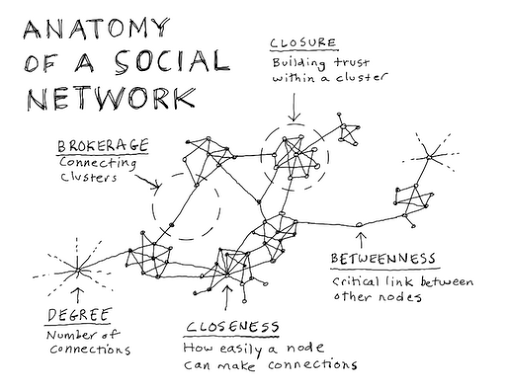
Pieni maailma
- Content
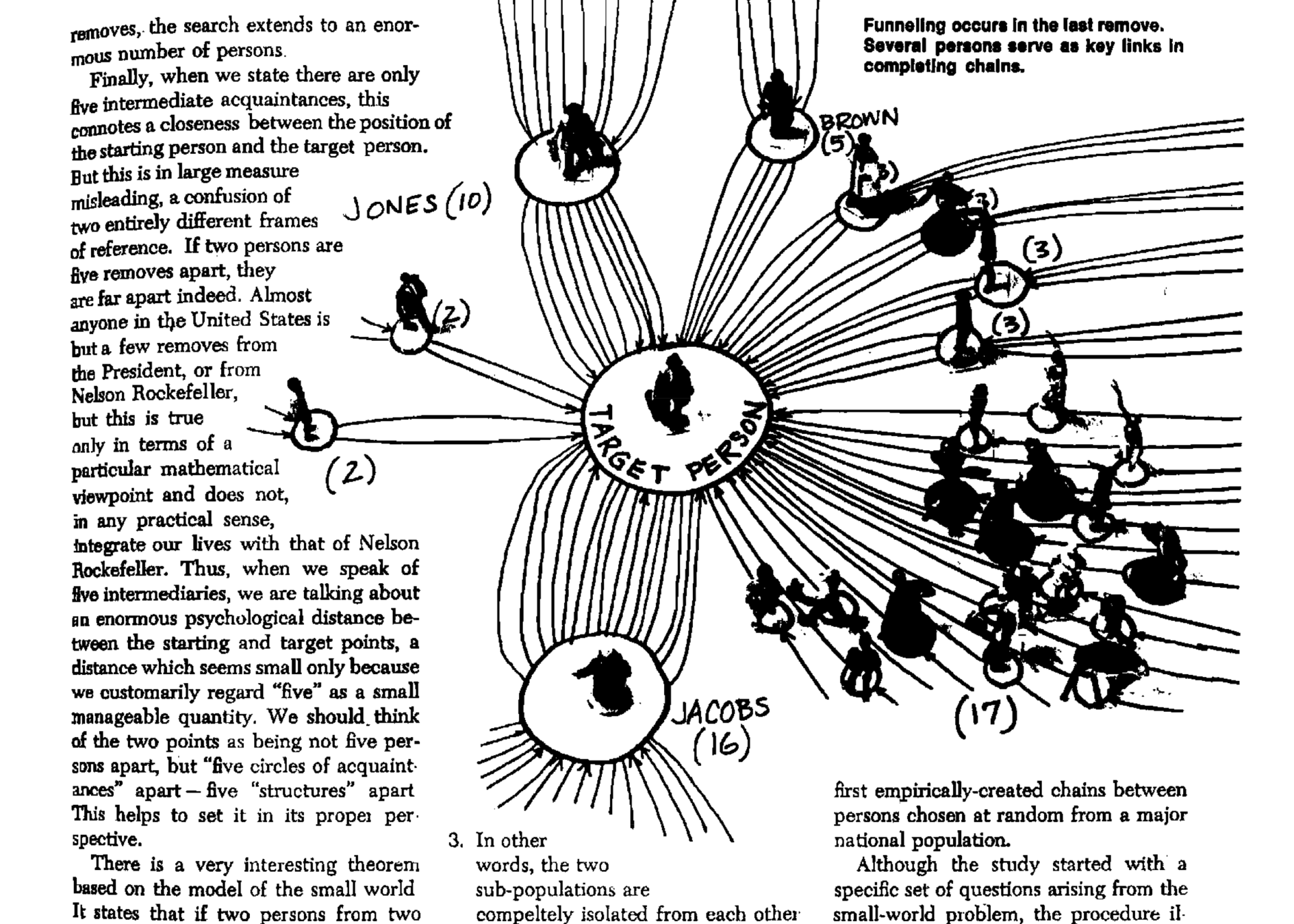
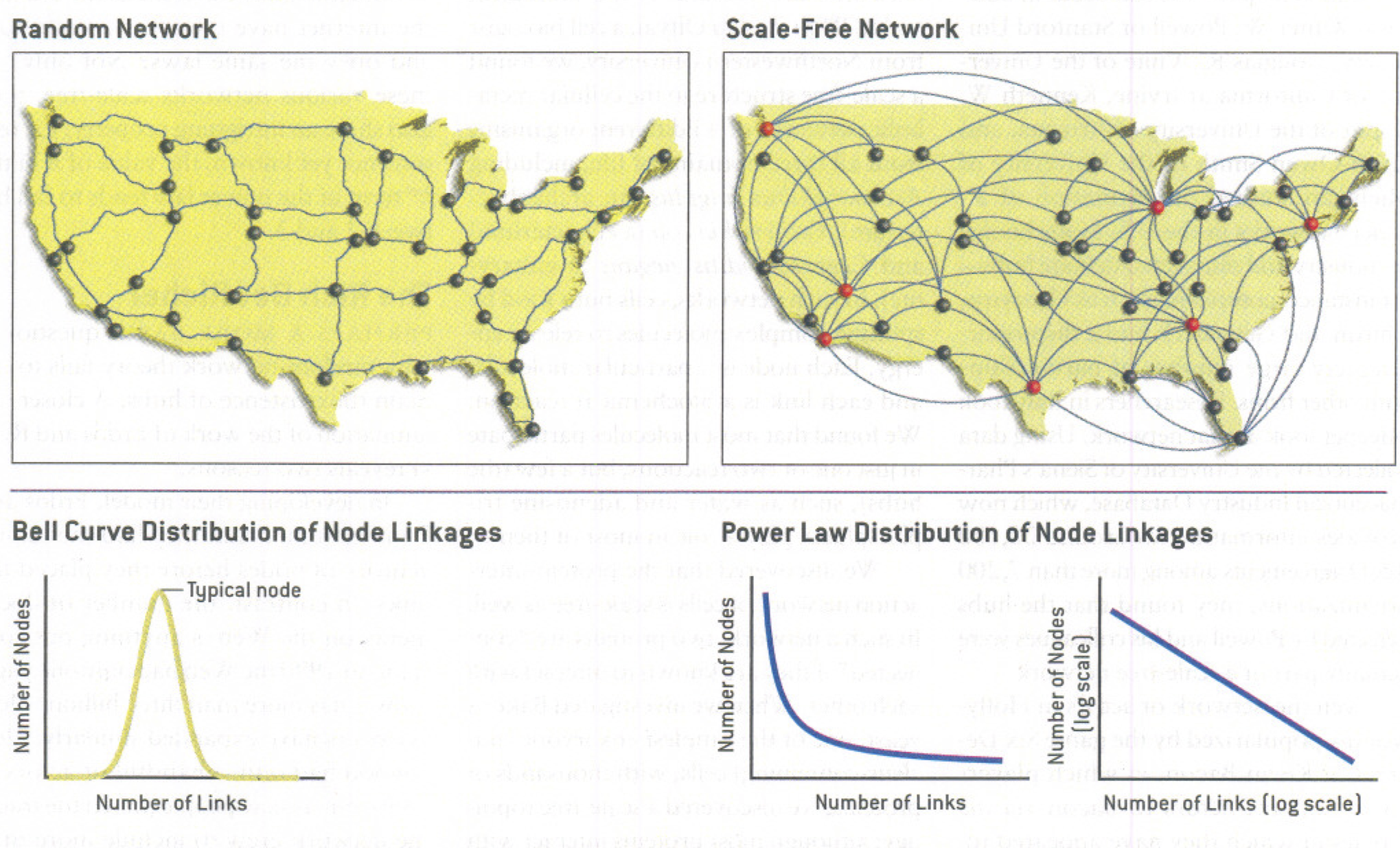
Ennen kuin sukelletaan syvemmälle: demo Twitter-verkostoanalyysistä
Miten verkostot kehittyvät?
Kolme ydinmekanismia
Samankaltaisuusvinouma: "Birds of feather flock together"
(McPherson, Smith-Lovin & Cook, 2001)
Kolmion kulmien yhdistyminen (triadic closure)
Suosiva yhdistäminen (mittakaavattomissa verkostoissa
Verkostot, mekanismit, tapahtumat
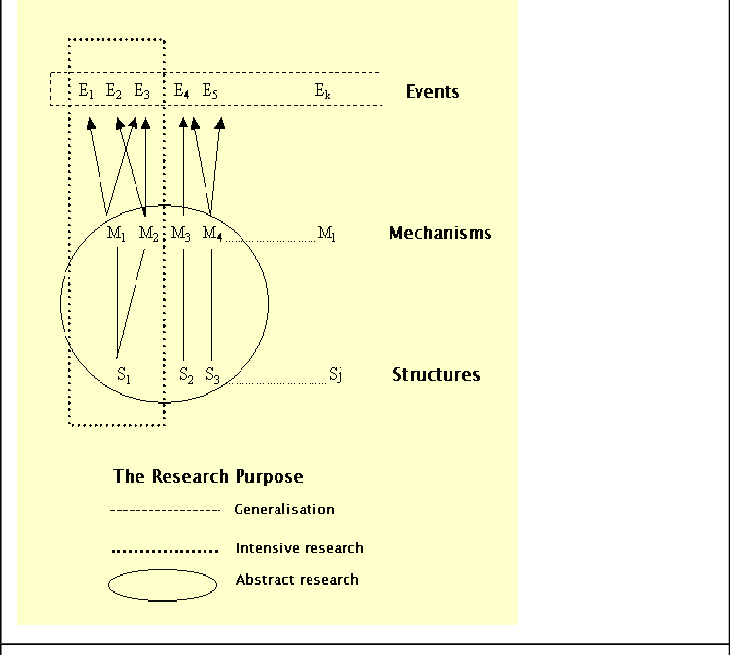
(Sayer, 1992; Bygstad & Munkvold, 2011)
Miten tieto ja käytös liikkuvat verkostoissa?
Tieto tiivistyy verkostoissa
Heikot ja vahvat siteet
Silloittajan toimimisen autuus
ja kirous
(Burt, 2004; Krackhardt, 1999)
Kaikukammiot
Kyberbalkanismi
(van Alstyne & Brynjolfsson, 1996)
Valheet ovat uutuusarvoisia
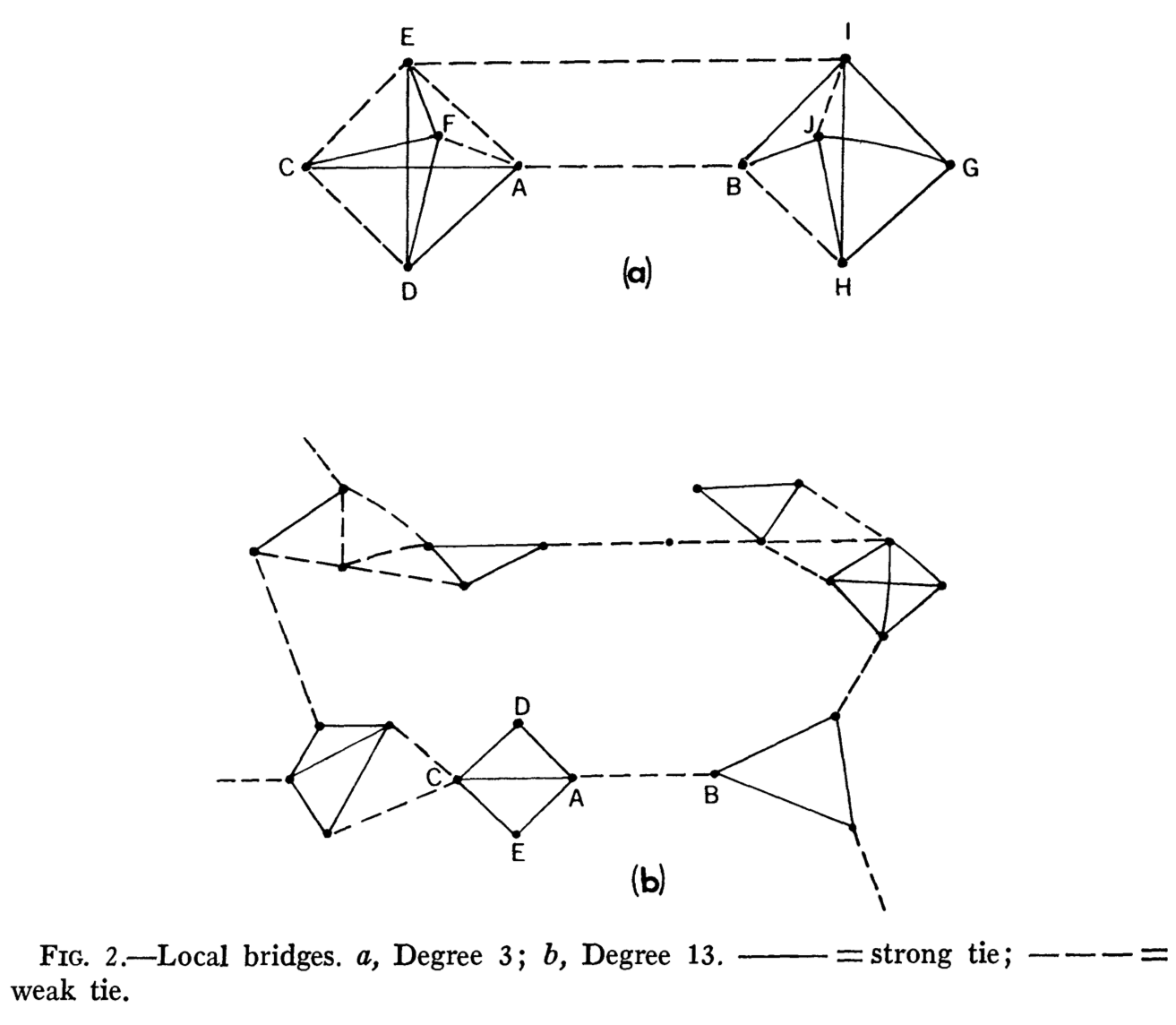
Verkostot ja teknologia
Toimijat ja aktantit
Teknologian toimijuus ja toimijaverkkoteoria
Hybridi mediajärjestelmä
Verkostovaikutukset
Ihminen ja tekoäly päätöksenteossa
(Pentland, Daggett & Hurley, 2019)
hu-mimesis -oivallus
Kartoitetaan lopuksi verkostoanalyysin mahdollisuuksia
Choices on network structure
- Which entities nodes represent?
- On what basis are nodes connected to each other?
- One, two or multimode network?
- Directed or undirected?
- Dichotomous vai weighed connections?
- Static or dynamic (temporal)?
Examples help here.
Title
- Content
Let's create a network representation of this tweet:
1. Enumerate the nodes
2. … and edges
3. What defines edge weight?
4. … and direction?
3. How to define edge weight?
4. … what about edge direction?
- Tes
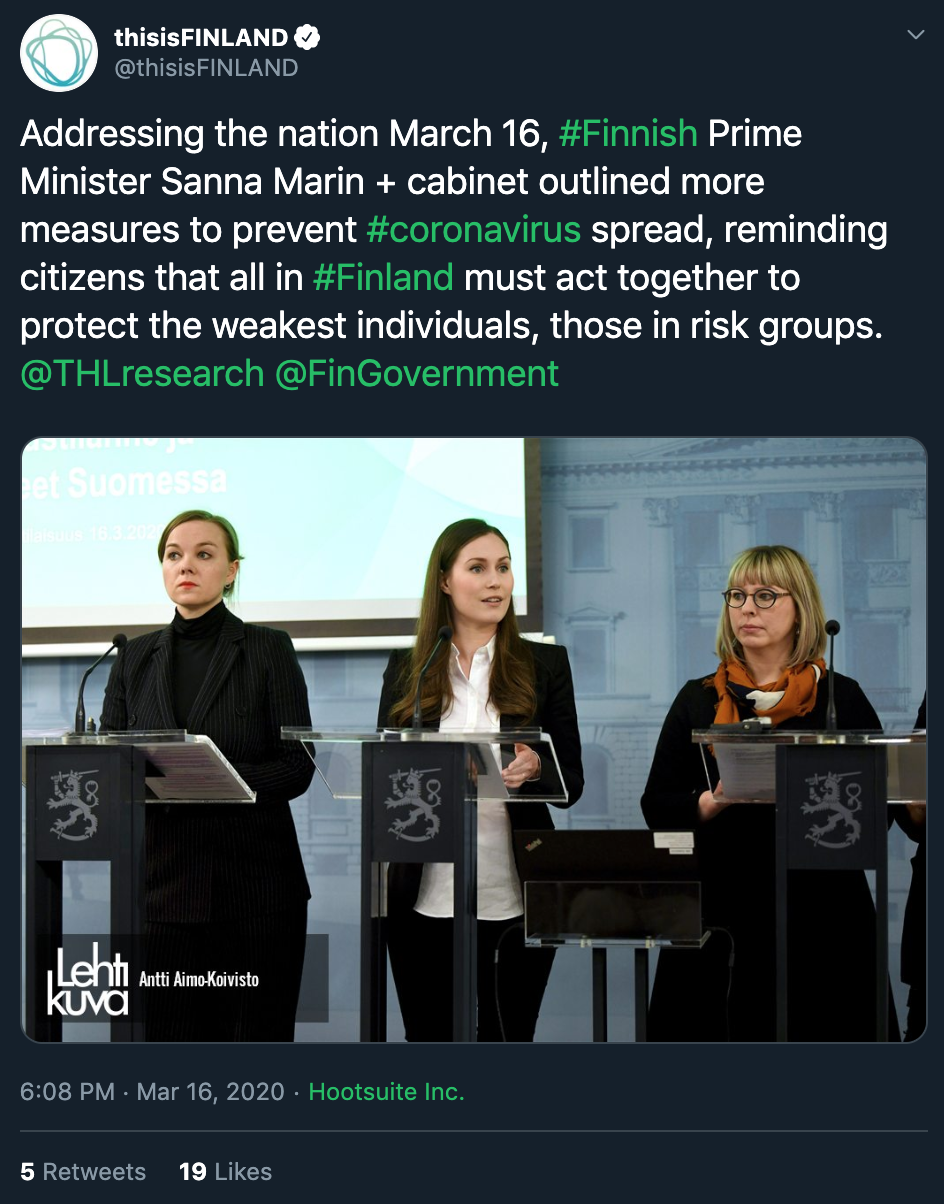
Network-level metrics
- Diameter: step from one network edge to another
- Density: what proportion of potential connections exist?
- Assortativity: preference for similarity between nodes
- Reciprocity: likelihood of mutual connectivity
- Number of components (giant component)
- Community detection: identifying groups of interconnected nodes (e.g., Blondel et al., 2008)
Visual inspection is important
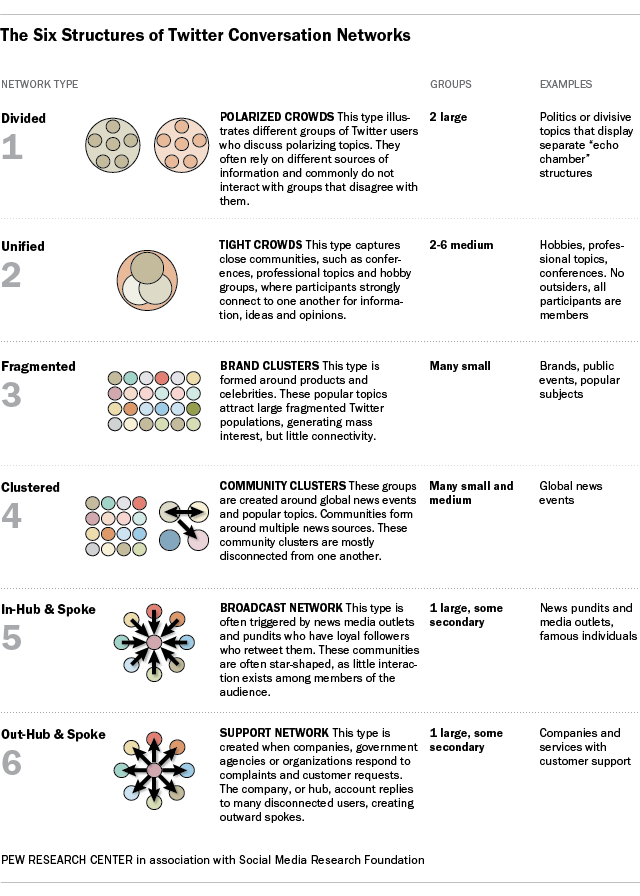
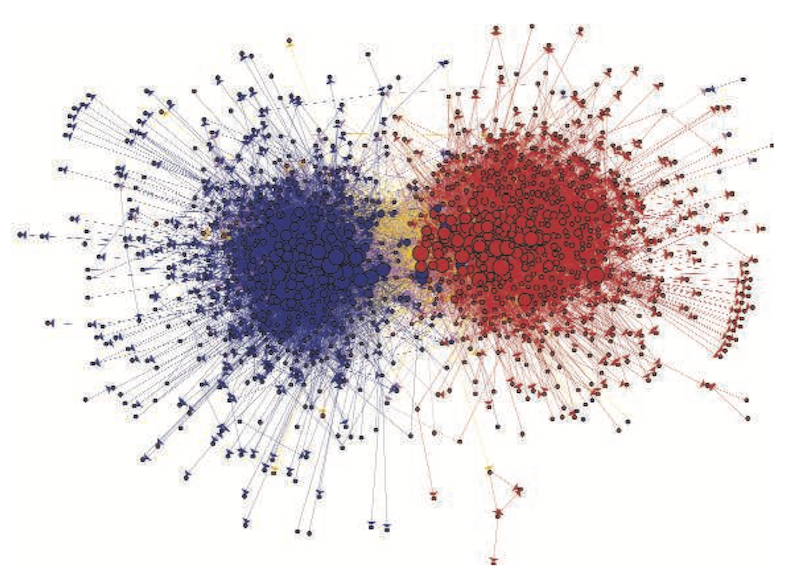
… in observing patterns and sharing the findings to others (Freeman, 2000)
Text
Node-level metrics
-
Degree (asteluku): number of connections
-
Outdegree (vientiluku): number of connections from a node
-
Indegree (tuontiluku): number of connections toward a node
-
Betweenness (välillisyysluku): shortest paths through a node
-
Eigenvector centrality: connections to authority
-
Authority/prestige: (indegree,) PageRank, HITS, ...
-
Clustering coefficient, closure, ...
Kiitos!
Jukka Huhtamäki, @jnkka
linkedin.com/in/jukkahuhtamaki

Kaksi strategiaa
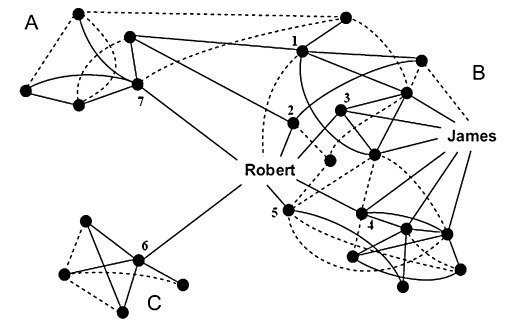
"Robert fills a structural hole"
(Burt, 2004; kuva: Guillen et al., 2002)
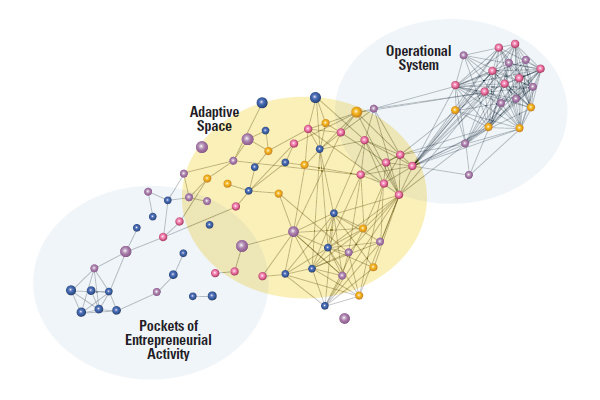
Adaptive space for innovation
Verkostot arjessa ja alustoilla
By Jukka Huhtamäki
Verkostot arjessa ja alustoilla
- 529



